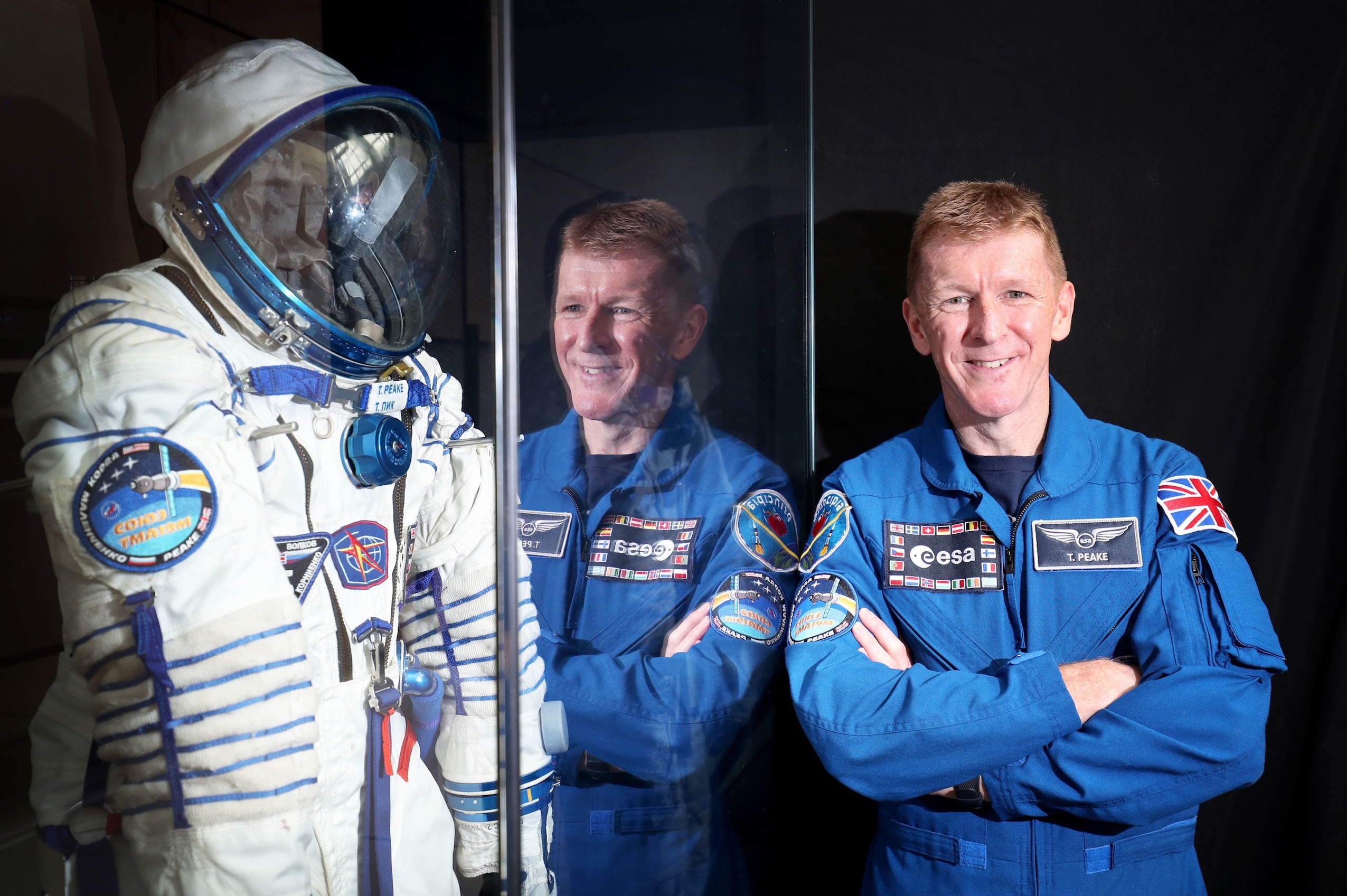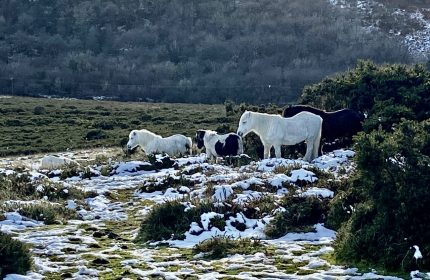Do you have what it takes to be an astronaut? Tim Peake is here to help you find out
Tim Peake’s rise to prominence has been, quite literally, stratospheric.
A decade ago, Peake was in the army, notching his 3,000th hour in the air as a helicopter test pilot. Three years ago, he was on the International Space Station, fixing a faulty component during a spacewalk, while millions watched live via a stream on the planet below. Earlier this year, he met Prime Minister Theresa May, and was awarded the Freedom of the City for his home town of Chichester.
Peake has now released his third book since his return from the void. Part puzzle book, part guide book, The Astronaut Selection Test Book includes a variety of challenges and questions taken from the European Space Agency’s real selection process.
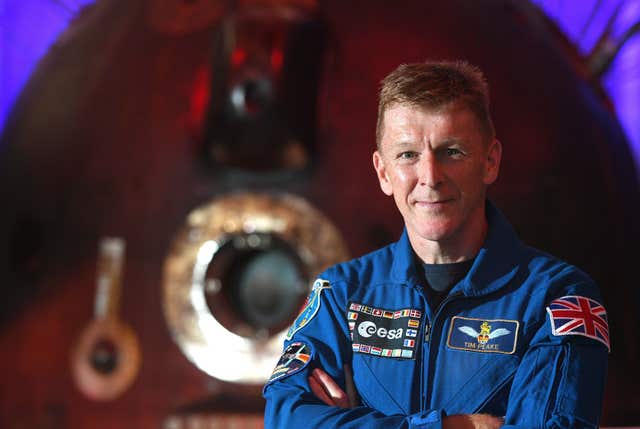
Wondering whether you have what it takes to be an astronaut? Here, Peake takes some time out from his intergalactic routine to talk to us about selection tests, extra-terrestrial telephone calls, space walks in swimming pools, and leaving his family at the launch pad…
Your new book features memory tests, psychological tests, language tests – how do all these things play into the day-to-day life of an astronaut?
“We’re using skills from these tests all the time. First there’s the soft skills: We start our day at 7am with a global news conference – we speak to Houston and Huntsville in the US, then Munich, Japan, Moscow and sometimes Canada. Communication, teamwork, leadership – you’re using these constantly.
“Then there are the hard skills: When you’re working by yourself on a science experiment. You’re always under time pressure on the space station, so you have to work quickly and efficiently. You have to cut through unnecessary irrelevant material, you can’t afford to make a mistake, and you have to be extremely honest if you do. Inside the station all of these aspects are being used daily.”
Being on board the space station, what was the one thing you really weren’t prepared for?
“The view of Earth from space. It really shouldn’t be, but nothing can train you for that. You can look at pictures and talk to other astronauts, but until you see it with your own eyes, you cannot imagine the kind of emotion it can evoke.”
How often could you communicate with home while in space
“Communications were actually really good. I could ring any phone number on Earth any time I wanted, but no one phoned the space station, so you get the best of both worlds. I had a video conference with my family ever Sunday – those were very, very special moments.
“There must be a tremendous emotional toll – taking risks, being away from your family for so long. Does it take a certain kind of person to handle all of that?
“Definitely. The hardest thing I’ve ever done was saying goodbye to my family and getting on the bus to the launch pad. I used to be a military test pilot so I was very happy working with risk – but that was before I became a father.
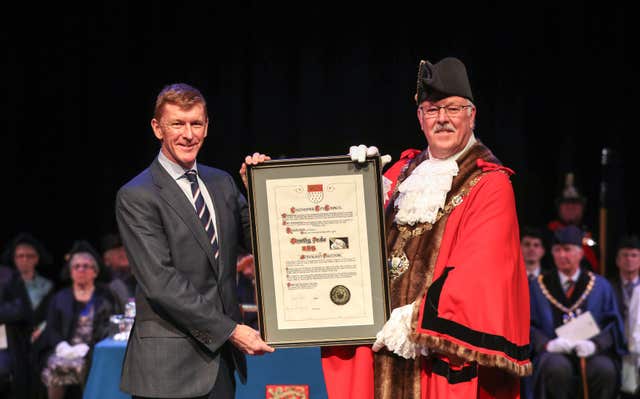
Chichester granted Tim Peake Freedom of the City earlier this year
Is that the key component for an astronaut’s character – passion?
“Completely. If you want to be successful, you have to be really driven by a love of the job. You work tremendously hard and come back utterly exhausted, but that’s why you’re there – to work hard.”
Since you touched down, there has been so much more interest in space. Do you feel like you’re inspiring the next generation of kids to become astronauts, and is that your intention?
“It was never my intention! When I was a test pilot, space travel was a logical next step – I love the idea of exploration, pushing boundaries, testing equipment and cutting edge technology. But you clearly can’t be an astronaut without being an ambassador for space.
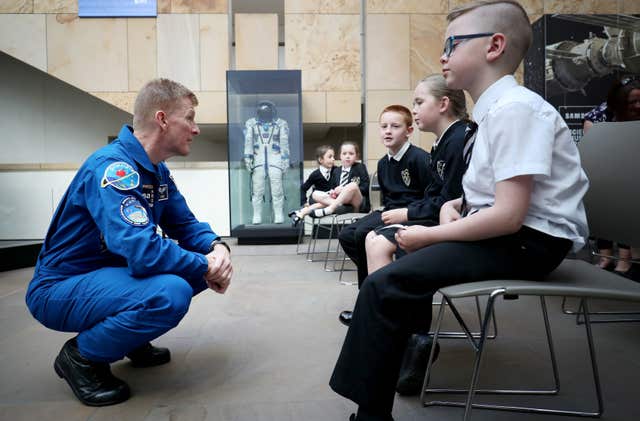
“I was aware that this was a big deal for the UK, and a great opportunity to inspire the next generation of astronauts. The UK Space Agency made educational outreach a major aspect of the operation, and we managed to reach more than 1.6 million schoolchildren.”
How long did your training take, and how well-prepared did you feel when blasting off for the first time?
“The training for a specific mission is two-and-a-half years, for second missions maybe 12-18 months. There is so much information that you have to take in, but two-and-a-half years is a long, long time. By the time you’re sitting on top of the rocket you are ready to go.”
What was your favourite part of training?
“Space walk training tops the list. We put on pressurised space suits and spent six hours at a time in a massive swimming pool. We would literally do spacewalks on an underwater mock-up of the space station – that was by far the best. I also loved the simulated missions. They put you in an isolated environment and you have to get along with crew members under stressful conditions: I spent 12 days living under the ocean and seven in a cave.”
View this post on Instagram
And your least favourite?
“Learning Russian. In the Soyuz spacecraft, you only speak Russian. All the procedures, all the documentation – it’s all in Russian. I can speak it to the level ‘intermediate-high’.”
Final question: If you weren’t an astronaut, what would you be?
“Military test pilot. I loved that job.”
The Press Association
Latest posts by The Press Association (see all)
- 9 ways to look after your emotional health better in 2025 - January 7, 2025
- EastEnders fans to vote on storyline for the first time in 40th anniversary week - January 7, 2025
- Aldi beats rival Lidl as cheapest supermarket of 2024 - January 6, 2025
- All the benefits of lifting weights beyond bigger muscles - January 6, 2025
- The best ways to boost your immune system as cold temperatures hit - January 5, 2025








